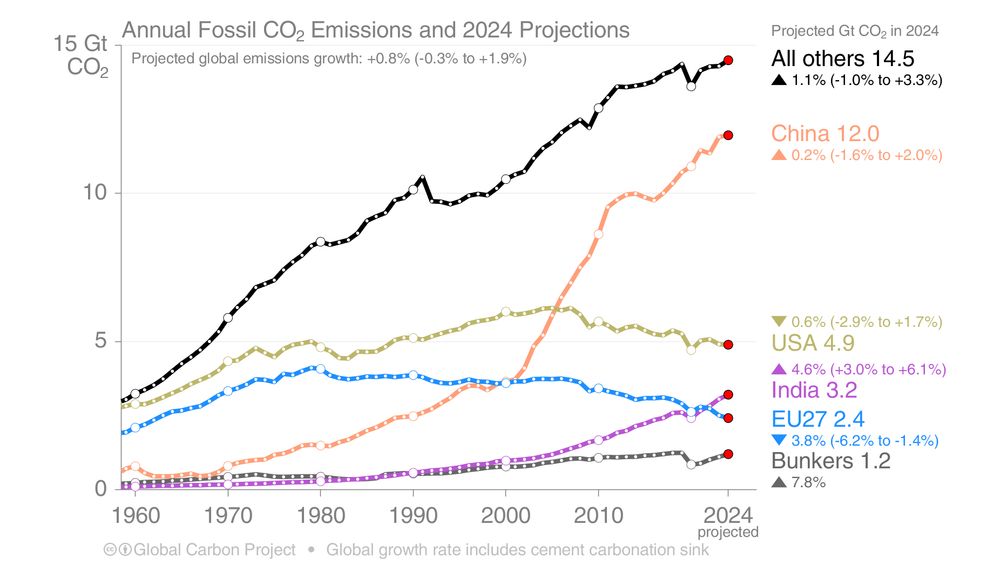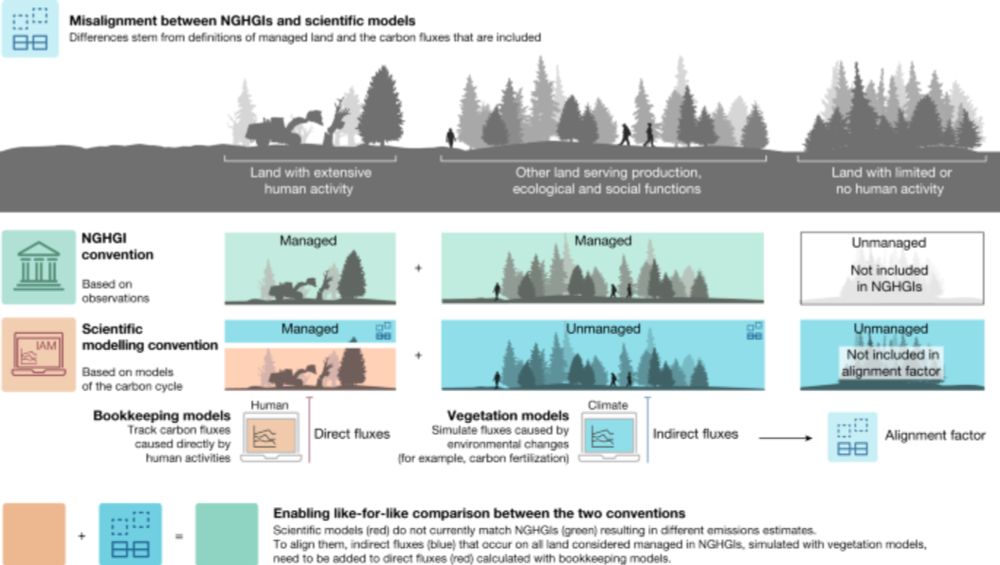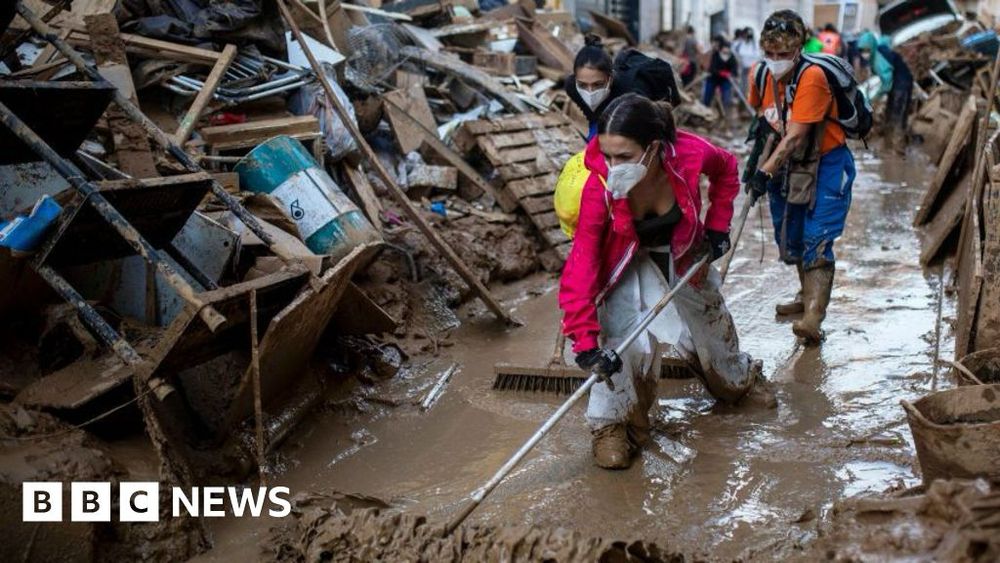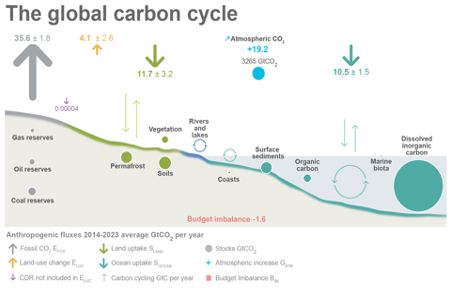by Chris Jones — Reposted by: Tatiana Ilyina
Deadline 15 Jan.
Work presented can contribute to the WCRP assessment – see www.wcrp-climate.org/slc-events-o...
by Glen P. Peters — Reposted by: Chris Jones, Anne Owen
Wednesday 20 Nov 830-930, in person (Oslo) & streamed
Register @ciceroclimate.bsky.social: www.linkedin.com/feed/update/...

by Chris Jones
I think the bigger issue is not just the definitions, but the concept of offsetting fossil emissions by ecosystem removals. Simply not sustainable in the long run
by Chris Jones
www.nature.com/articles/s41...
www.nature.com/articles/d41...
it’s not small (and ironically can come back to bite you later as the sink may saturate and reverse!)

by Chris Jones
Ultimately “natural” sinks and land-based managed sinks can only offset so much from fossil fuels. Any sustainable “net zero” must mean “geological net zero”
leave it in the ground!
by Chris Jones
Essentially scientists say “we need net zero”, countries say “we’ve got plans to meet net zero”. But different definitions mean they don’t meet in the middle.
by Chris Jones
by Chris Jones
It is by this definition that net zero leads to stopping warming…
by Chris Jones
Does stuff here count as “natural” or “anthropogenic”? Different conventions say both yes and no to this - which leads to different measures of human emissions
by Chris Jones
A thread on how, sadly, it turns out there are differing definitions of “anthropogenic” and hence of net zero. This means we might think we’ve done what’s required to halt warming, but actually we don’t.
by Chris Jones
Reposted by: Chris Jones

